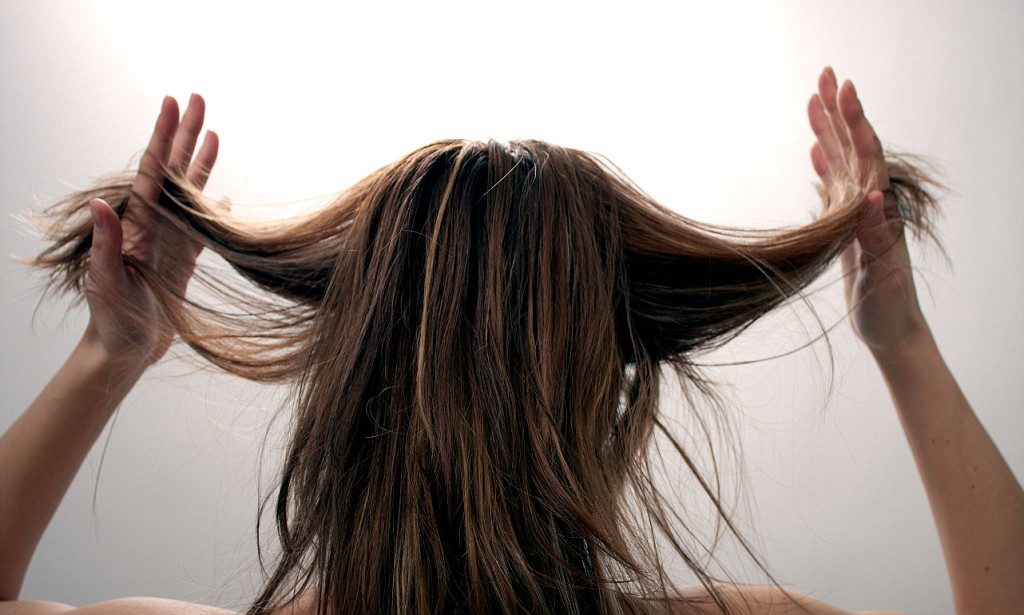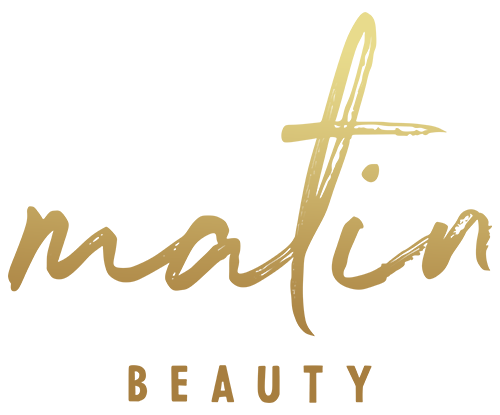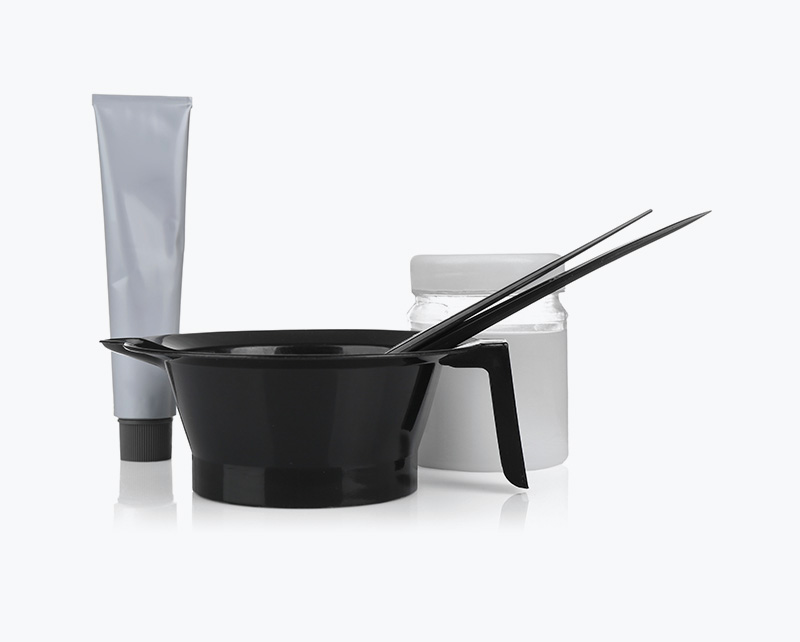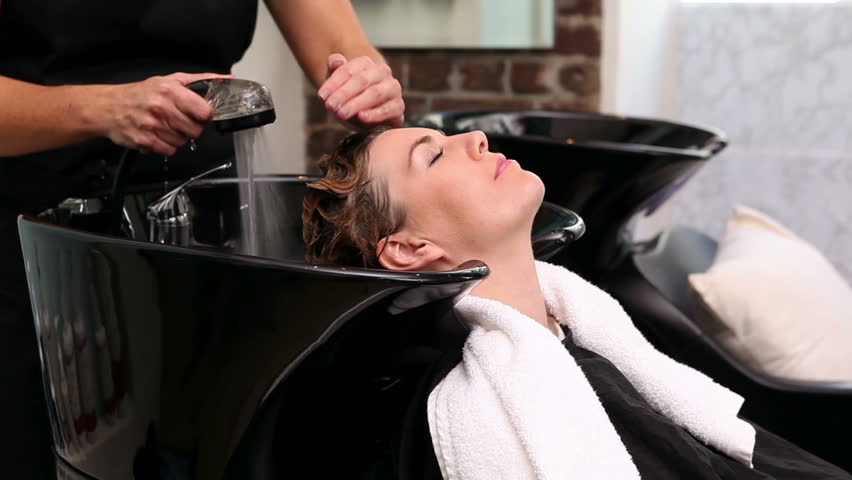
Thinning Hair? Proven Ways to Boost Volume and Reverse Hair Loss
Hair thinning, also known as hair loss or alopecia, is a common condition that affects millions of people worldwide. It refers to the gradual or sudden loss of hair from the scalp or other parts of the body. Hair thinning can be a natural part of the aging process, but it can also be caused by various factors, including genetics, hormonal imbalances, medical conditions, stress, and poor nutrition.
One of the leading causes of hair thinning is genetics. Androgenetic alopecia, also known as male or female pattern baldness, is a hereditary condition that affects both men and women. In men, it typically results in a receding hairline and baldness on the top of the head, while in women, it often causes diffuse thinning over the crown.
Aging is another significant factor contributing to hair thinning. As we grow older, the hair follicles become less active, and the growth cycle slows down, leading to thinner and weaker hair strands.
Stress can also play a significant role in hair thinning. Excessive physical or emotional stress can disrupt the hair growth cycle and lead to a temporary condition called telogen effluvium, where hair sheds more rapidly than usual.
Certain medical conditions, such as thyroid disorders, autoimmune diseases, and nutritional deficiencies, can also contribute to hair thinning. Hormonal changes, particularly during pregnancy, menopause, or due to certain medications, can also affect hair growth and lead to thinning.
The prevalence of hair thinning varies depending on age, gender, and ethnicity. It is estimated that up to 50% of men and women will experience some degree of hair thinning by the age of 50. However, the condition can occur at any age and can have a significant impact on an individual’s self-esteem and confidence.
Hair thinning can be a distressing experience, as hair plays a crucial role in personal appearance and identity. It can lead to feelings of low self-esteem, anxiety, and social withdrawal, particularly in cases of severe hair loss. Addressing hair thinning and exploring effective treatment options can help individuals regain their confidence and improve their overall well-being.
Lifestyle Changes to Prevent Hair Thinning
Adopting a healthy lifestyle can play a crucial role in preventing hair thinning and promoting hair growth. One of the most important factors is maintaining a balanced diet rich in essential nutrients such as protein, iron, and vitamins.
Protein is vital for hair growth as it is the building block of hair strands. Incorporate lean meats, eggs, legumes, and nuts into your diet to ensure adequate protein intake. Iron deficiency is a common cause of hair thinning, so include iron-rich foods like spinach, lentils, and red meat.
Vitamins like biotin, vitamin C, and vitamin E are also essential for healthy hair. Biotin supports hair growth, while vitamin C aids in collagen production, and vitamin E protects hair follicles from oxidative stress.
Managing stress is another critical aspect of preventing hair thinning. Chronic stress can disrupt the hair growth cycle and lead to excessive shedding. Practice stress-reducing techniques like meditation, yoga, or deep breathing exercises to keep your stress levels in check.
Avoiding tight hairstyles that pull on the hair is also recommended. Tight ponytails, braids, or cornrows can cause traction alopecia, a type of hair loss resulting from excessive tension on the hair follicles. Opt for looser hairstyles or give your hair a break from tight styles occasionally.
Quitting smoking is beneficial not only for your overall health but also for your hair. Smoking can constrict blood vessels, limiting the supply of nutrients and oxygen to the hair follicles, leading to hair thinning and premature graying.
Finally, adopt a gentle hair care routine. Avoid harsh chemicals, excessive heat styling, and over-processing your hair. Use a mild shampoo and conditioner suitable for your hair type, and limit heat styling tools when possible. Be gentle when brushing or detangling your hair and consider using a wide-tooth comb or a brush with soft bristles.
Medications for Hair Thinning
Two of the most prescribed and effective medications for treating hair thinning are minoxidil (brand name Rogaine) and finasteride (brand name Propecia).
Minoxidil (Rogaine)
Minoxidil is an over-the-counter topical solution that’s applied directly to the scalp. It’s available in 2% and 5% concentrations for men and a 2% concentration for women. Minoxidil works by increasing blood flow to the hair follicles, which encourages hair growth and prevents further shedding.
Effectiveness: Minoxidil has been shown to be effective in slowing down hair loss and promoting new hair growth in both men and women. However, it’s important to note that it doesn’t work for everyone, and results may vary.
Side Effects: Minoxidil is generally well-tolerated, but some potential side effects include scalp irritation, unwanted hair growth on the face or other areas, and rapid heart rate. It’s important to follow the instructions carefully and consult a healthcare professional if you experience any adverse effects.
Proper Usage: Minoxidil should be applied directly to the scalp once or twice daily, depending on the strength and your healthcare provider’s recommendation. It’s important to use it consistently and be patient, as it can take several months to see results.
Finasteride (Propecia)
Finasteride is a prescription medication that’s taken orally. It works by blocking the conversion of testosterone to dihydrotestosterone (DHT), a hormone that contributes to hair loss in men with male pattern baldness.
Effectiveness: Finasteride is highly effective in slowing down hair loss and promoting hair regrowth in men with male pattern baldness. However, it’s important to note that it’s only approved for use in men and is not recommended for women.
Side Effects: Potential side effects of finasteride include decreased libido, erectile dysfunction, and breast tenderness or enlargement. These side effects are typically reversible upon discontinuation of the medication.
Proper Usage: Finasteride is taken orally once daily and requires a prescription from a healthcare provider. It’s important to follow the prescribed dosage and schedule and to inform your healthcare provider of any other medications or supplements you’re taking to avoid potential interactions.
It’s important to note that while these medications can be effective in treating hair thinning, they may not work for everyone, and results may vary. It’s always recommended to consult with a healthcare professional before starting any new medication or treatment regimen.
Natural Remedies for Hair Thinning
Many people turn to natural remedies to combat hair thinning and promote hair growth. While scientific evidence is often limited, some natural treatments show promise in improving hair health and thickness.
Herbal Supplements
Certain herbal supplements are commonly used for hair thinning, including saw palmetto, biotin, and folic acid. Saw palmetto is thought to block the production of dihydrotestosterone (DHT), a hormone linked to hair loss. Biotin, a B-complex vitamin, is believed to strengthen hair follicles and improve hair quality. Folic acid, another B vitamin, may also support healthy hair growth.
Essential Oils
Essential oils like rosemary, peppermint, and cedarwood are often touted for their potential to stimulate hair growth and improve scalp health. These oils can be diluted with a carrier oil and massaged into the scalp. However, their effectiveness is not well-established, and more research is needed.
Scalp Massage
Regular scalp massage can improve blood circulation and potentially promote hair growth. Gently massaging the scalp with your fingertips or a massage tool can help stimulate the hair follicles and distribute natural oils throughout the hair and scalp.
Aloe Vera
Aloe vera is a popular natural remedy for various skin and hair issues, including hair thinning. The plant’s gel contains proteolytic enzymes that may help remove dead skin cells from the scalp, allowing for better hair growth. Applying aloe vera gel directly to the scalp can also provide hydration and nourishment.
Onion Juice
While it may sound unusual, onion juice has been used as a traditional remedy for hair loss. Onions contain sulfur, which is believed to promote collagen production and improve blood circulation to the hair follicles. Applying onion juice to the scalp and letting it sit for a while before rinsing can potentially stimulate hair growth.
It’s important to note that while natural remedies are generally safe, they may not be as effective as medical treatments for hair thinning. Consulting a healthcare professional is recommended, especially if hair loss is severe or sudden.
Microneedling for Hair Thinning
Microneedling is a minimally invasive procedure that involves using a device with tiny needles to create controlled micro-injuries on the scalp. This process stimulates the body’s natural healing response, which can promote hair growth and improve the overall health of the hair follicles.
When it comes to hair thinning, microneedling can be beneficial in several ways. First, it helps to increase blood circulation in the scalp, which delivers more nutrients and oxygen to the hair follicles. This improved blood flow can revitalize dormant hair follicles and encourage the growth of new, healthier strands.
Additionally, microneedling can help to reduce the buildup of sebum and other debris that can clog hair follicles, leading to hair thinning or loss. By creating microchannels in the scalp, microneedling allows for better absorption of topical hair growth treatments, such as minoxidil or other hair serums.
The microneedling process typically involves using a handheld device with tiny needles, ranging from 0.5 to 1.5 millimeters in length. The device is rolled over the scalp in a controlled manner, creating micro-injuries that trigger the body’s healing response. The procedure is generally well-tolerated, with minimal discomfort and downtime.
The cost of microneedling for hair thinning can vary depending on the location, the practitioner’s experience, and the number of sessions required. On average, a single session can range from $200 to $700, and multiple sessions may be necessary to achieve optimal results.
While microneedling is generally considered safe, there are some potential side effects to be aware of. These may include temporary redness, swelling, and mild discomfort on the scalp. In rare cases, there is a risk of infection or scarring if the procedure is not performed by a qualified and experienced practitioner.
Overall, microneedling can be an effective and minimally invasive option for those looking to address hair thinning and promote healthier, fuller hair growth. However, it’s essential to consult with a dermatologist or trichologist to determine if microneedling is the right treatment for your specific condition and to ensure proper technique and safety.
Scalp Massage
Scalp massage is a simple yet powerful way to stimulate hair growth. By applying gentle pressure and massaging the scalp in circular motions, you can improve blood flow and nourish the hair follicles. This increased circulation helps to deliver essential nutrients and oxygen to the hair roots, promoting stronger, healthier hair growth.
To perform a scalp massage, use your fingertips to gently massage the scalp in small circular motions. Start at the front hairline and work your way back, covering the entire scalp. You can also use a scalp massager tool or a brush with soft bristles to enhance the massage. Aim for 5-10 minutes of massage, several times a week.
Benefits of Scalp Massage
- Increased blood circulation to the scalp
- Delivery of essential nutrients and oxygen to hair follicles
- Stimulation of collagen and growth factor production
- Improved absorption of hair growth treatments
- Reduction of scalp tension and stress
Coping with Hair Thinning
While treating hair thinning is important, it’s also crucial to develop healthy coping mechanisms and a positive self-image. Hair thinning can be emotionally challenging, but with the right mindset and support, you can embrace your unique beauty and prioritize your overall well-being.
One of the most important steps is to practice self-acceptance. Recognize that hair thinning is a common condition that affects millions of people, and it does not define your worth or value. Embrace your unique appearance and focus on the qualities that make you truly beautiful – your kindness, intelligence, and inner strength.
Building self-confidence is also essential. Engage in activities that make you feel good about yourself, whether it’s pursuing a hobby, exercising, or spending time with loved ones. Surround yourself with positive people who appreciate you for who you are, not just your appearance.
Support groups can be incredibly helpful in coping with hair thinning. Connecting with others who understand your struggles can provide a sense of community, validation, and practical advice. Many online and in-person support groups are available, offering a safe space to share your experiences and learn from others.
Counseling or therapy can also be beneficial, especially if hair thinning is causing significant emotional distress or impacting your mental health. A professional therapist can help you develop coping strategies, manage anxiety or depression, and cultivate a positive self-image.
Ultimately, focusing on your overall health and well-being is crucial. Prioritize a balanced diet, regular exercise, stress management techniques, and self-care practices that nourish your mind, body, and soul. Remember that true beauty radiates from within, and by taking care of yourself holistically, you can cultivate a sense of confidence and resilience that transcends physical appearances.
Call Matin Beauty Salon today and request a professional hair CARING in Thornhill.
Give it a try at Matin Beauty and see what everyone’s fussing about.



